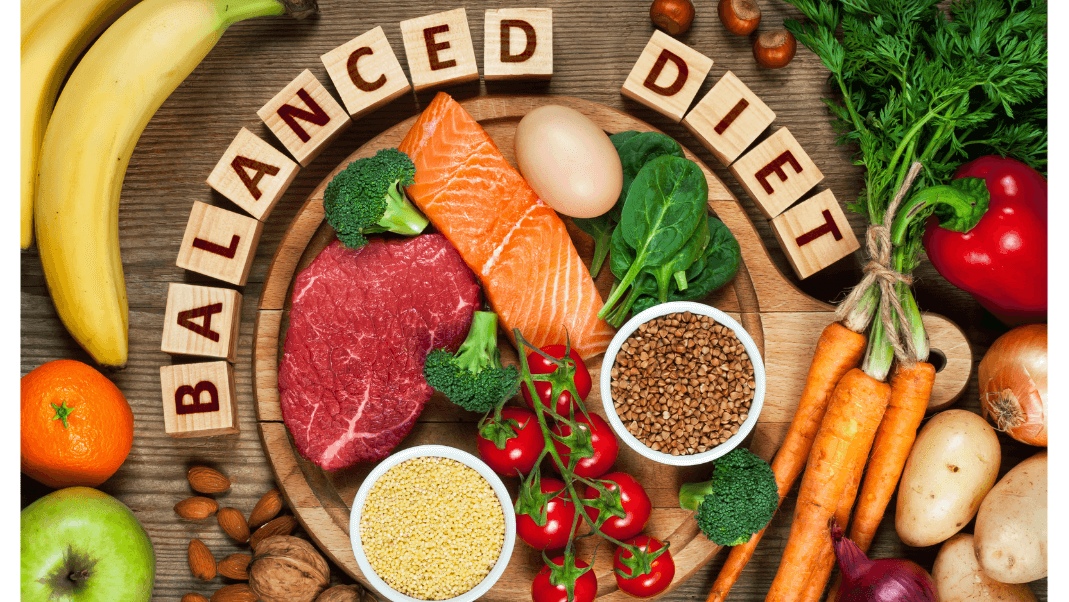What Your Skin Wants to Eat
&srotate=0)
What you eat affects every organ in your body, including the skin. Nutrition can be a factor in contributing to dull skin or to healthy, vibrant skin. So, what should you eat for your best skin?
Vitamin C
Vitamin C is one of the building blocks in collagen synthesis, so eating plenty of vitamin C-rich foods will help to promote healthier collagen production in the skin. Some vitamin C-rich foods are:
- Citrus fruits
- Berries
- Kiwis
- Bell peppers
- Broccoli
- Brussels sprouts
- Potatoes
- Tomatoes
- Cantaloupe
- Cabbage
- Cauliflower
- Spinach
- Green peas
Fruits and vegetables in general are rich sources of vitamin C, so if you are eating a lot of fruits and vegetables, you will be getting a good helping of vitamin C to support your collagen, and to therefore support your skin. Focus on eating plenty of your favorites, as well as getting a variety of different types.
Antioxidant-rich foods
Oxidative stress can damage the cells in the body, including the cells of the skin. For this reason, helping the skin to age in a healthy way involves protecting the skin from oxidative damage. Antioxidants can help to protect the skin from oxidative stress, so eating foods that are rich in antioxidants is another way to support skin health.
Fruits and vegetables are high in antioxidants, so eating lots of fruits and vegetables will help you to get plenty of antioxidants for skin protection. Aim to eat all the different colors of fruits and vegetables throughout each week so you are getting a variety of antioxidants. Some examples include:
- Tomatoes for read
- Carrots for orange
- Pineapple for yellow
- Kale for green
- Blueberries for blue
- Eggplant for purple
Variety is key here, so try to eat as many different types of plants as possible.
Anti-inflammatory foods
Chronic inflammation in the body can sometimes show up as inflammation in the skin, contributing to skin conditions such as acne, eczema, and dermatitis. Eating more anti-inflammatory foods may help to reduce levels of inflammation in the body, and may help to lessen the degree of inflammation of these skin conditions. Nutrition may not be the only treatment needed here, but changing up your diet towards a more anti-inflammatory diet could help. Anti-inflammatory foods include fruits and vegetables, whole grains, legumes, fats from plant sources such as nuts, seeds, avocado, and extra virgin olive oil, and fermented foods such as kimchi, sauerkraut, and tempeh.
Reducing your intake of pro-inflammatory foods can also help to tip the scales away from inflammation in the body. This means eating less meat, dairy, processed foods, and foods high in added sugar. If you are reducing some of these foods, it may be necessary to work with a dietitian to make sure you're still getting all the important nutrients you need.
If you suspect that certain foods are triggering a reaction in your skin, this could be due to an allergy. Trigger foods are different for everyone. You can work with a doctor or a dietitian to identify which foods may be causing a reaction.
Hydration
For optimal skin health, make sure you are drinking enough water. The outer layer of the skin loses elasticity if you are chronically dehydrated. Despite the connection between hydration and skin, there is not enough evidence to show that drinking extra water will impact the skin’s appearance. So, just make sure you are getting enough water, and don’t worry about going overboard.
How should you make these dietary changes?
As you can probably tell, the general pattern here is that adding more whole plant foods such as fruits, vegetables, whole grains, beans and legumes, and nuts and seeds, along with drinking enough water, is optimal for supporting healthier skin. Likewise, reducing some foods, such as animal-based foods and processed foods, may also be linked to better skin health.
However, the key thing to keep in mind is to try to add in more of the helpful foods rather than cut out foods that may be less helpful. You don't need to aim for the "perfect" diet. Focusing on what to add in will ensure that you have an abundant, varied diet, without having to cut out your favorite foods. Enjoy your favorites, while emphasizing more skin health-promoting foods. Having more whole plant foods may help to naturally reduce the amount of other foods in your diet without ever having to feel deprived.
It’s also important to be paying attention to how your food intake is making you feel, and how it’s impacting the look and feel of your skin. If you’re having trouble making this connection or making these dietary changes, you can speak with a registered dietitian who will help guide you.
Written by: Vanessa Phan Hegazy